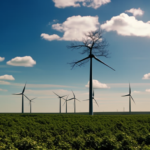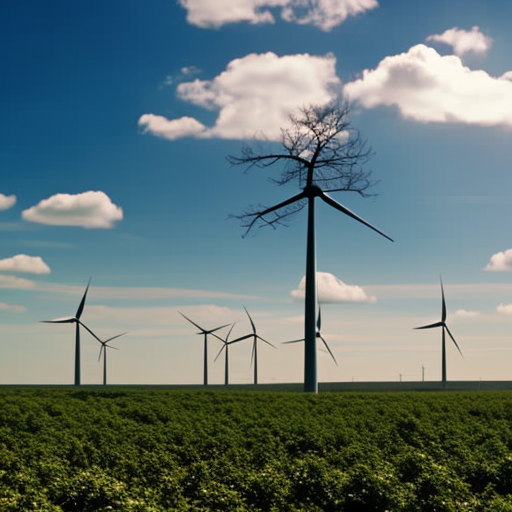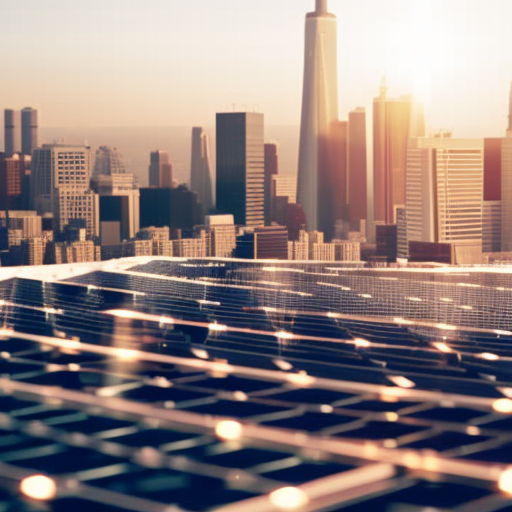Conservation of resources focuses on sustainable practices to protect and preserve natural resources for future generations.
Circular Economy Explained
Circular economy is an economic system that aims to minimize waste and maximize resource efficiency by promoting recycling, reusing, and reducing consumption.
Alternative Fuels Explained
Alternative fuels are non-conventional energy sources that aim to reduce dependence on fossil fuels and mitigate environmental impacts.
Biofuels Explained
Biofuels are renewable energy sources derived from organic materials, offering a sustainable alternative to fossil fuels.
Tidal And Wave Energy Explained
Tidal and wave energy harnesses the power of ocean currents and waves to generate renewable electricity.
Hydrogen Fuel Cells Explained
Hydrogen fuel cells are a clean and efficient technology that convert hydrogen and oxygen into electricity, offering a promising alternative to traditional fossil fuel-based power sources.
Energy Efficiency Technologies Explained
Energy efficiency technologies are advancements aimed at reducing energy consumption and improving overall efficiency in various sectors.
Renewable Energy Systems Explained
Renewable energy systems are sustainable and environmentally friendly sources of power that harness natural resources such as sunlight, wind, and water to generate electricity.
Environmental Biotechnology Explained
Environmental biotechnology is the application of scientific and technological principles to solve environmental problems and improve sustainability.
Biodegradable Materials Explained
Biodegradable materials are environmentally friendly substances that can naturally decompose and break down into harmless components.


















